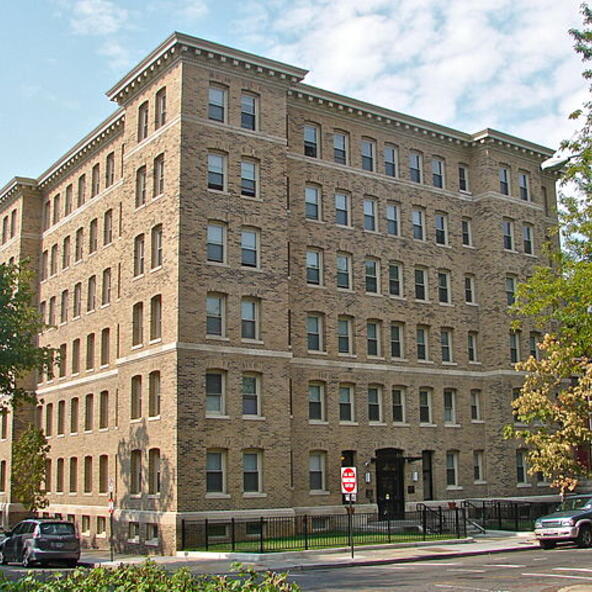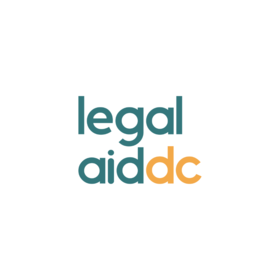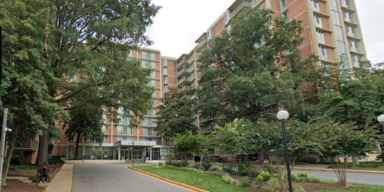
The recent report from the U.S. Department of Housing and Urban Development (“HUD”) that lays out eighty-two ways in which the DC Housing Authority (“DCHA”) is failing residents, tenants, and voucher holders confirms what housing advocates and residents have long known. DCHA is a failed agency, and its failure has been happening in plain sight, with little or no oversight. Residents and advocates alike have been testifying before the DC Council and the DCHA Board of Commissioners for years about the agency’s horrifying living conditions, closed waitlists, mismanagement, scandal, high staff turnover, and all-around lack of responsiveness to residents. This is and has always been a race, gender, and class injustice. The majority of public housing residents are Black, and DCHA’s failures disproportionately impact Black residents, particularly Black women and children. While resident voices over the years should have been enough to spur DC leadership into action, we appreciate that the HUD report confirms their experiences. The report spotlights DCHA’s utter failure to fulfill its only mission: to safely and stably house DC’s lowest income residents.
It is hard to think of a recent DC Council oversight hearing or Board of Commissioners meeting that did not have public housing residents documenting the horrifying conditions that they live in – from mold, to lead, to constant leaks, to mouse and roach infestations. In fact, DCHA confirmed this publicly in 2019 when its then Executive Director declared that 2,610 of its public housing units were in “extremely urgent” need of repair, and 4,445 units were in “critical condition.” The situation was so dire that an estimated $2.2 billion was necessary to repair all the public housing units. No one should be forced to live in these conditions, and yet this is the reality for public housing residents. The District should be ashamed.
DCHA has also failed the tens of thousands of residents who have been languishing on its waitlists for decades. According to DCHA’s latest oversight responses in 2022, the public housing waitlist has 24,368 people on it, and the voucher waitlist is even longer, with 37,160 people waiting for their chance at affordable housing. And this isn’t even a true count of the need. These waitlists have been closed since 2013, so anyone who has turned 18 or has come to need affordable housing in the past 9 years cannot even add their name. In the face of this obvious and critical need, DCHA has let over 20% of its public housing units sit dilapidated and vacant.
The HUD report confirms that DCHA is failing to serve its residents and run any of its housing programs in accordance with the law. Public housing residents and voucher holders alike cannot access or complete basic program functions, from completing recertifications to requesting transfer vouchers or reasonable accommodations. Constant turnover of high-level positions at the agency means tenants and advocates rarely know who to turn to with their problems.
The solutions to these many problems must be thoughtful and intentional because, although HUD’s report has put into laser focus the failures of DCHA, some of its proposed solutions could potentially hurt the very residents that DCHA is failing. Any plan to put DCHA back on course should be centered around preventing further harm to DCHA residents. As a first step, DCHA should forgive any outstanding rent due from public housing residents who have been living in unsafe and unhealthy conditions.
DCHA has lost its way and strayed from its mission. The dysfunction starts at the top and runs all the way down to the program offices. Therefore, meaningful change cannot start until the Board of Commissioners, which is controlled by a majority appointed by the Mayor, is rebalanced and constituted with members who prioritize serving DC residents over giving land and deals to developers. DCHA needs experienced leadership with expertise in each of its program areas, and the Council must increase its oversight of DCHA’s operations for the foreseeable future. Rebuilding DCHA from the ground up is going to take time, and the time to start was years ago. DCHA must recommit itself to prioritizing the needs of its tenants–the lives and safety of thousands of DC residents depend on it.
Bread for the City
Children’s Law Center
Empower DC
Legal Aid of the District of Columbia
Legal Counsel for the Elderly
Washington Lawyers’ Committee for Civil Rights and Urban Affairs
Washington Legal Clinic for the Homeless




